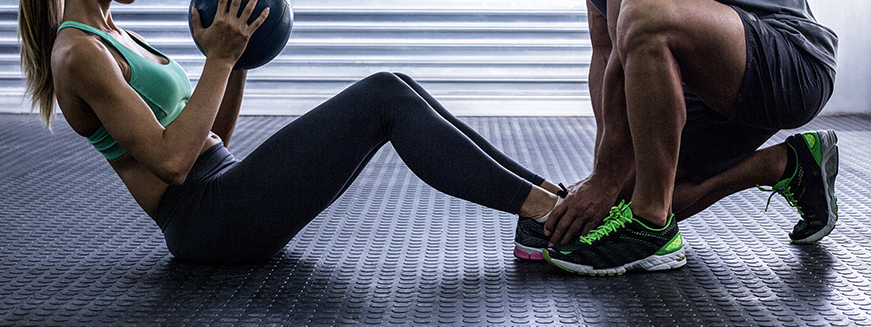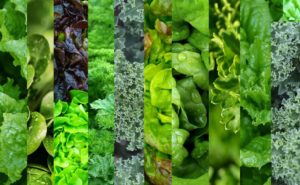Moringa Concentrate Extract for Iron Deficiency (Anemia) and Energy Booster
Ingredients: Moringa Concentrate Extract (Contains 17% Food Grade Sugar Cane Ethanol per 20L as a preservative)
The Minimum Daily recommendation for Moringa is 5g. A 500mg Moringa capsule only has about 350mg powder in. If you take 10 capsules per day, you will be at 3.5g and still under the minimum daily recommendation. That is why we brought out the Moringa Concentrate Extract. 1 Teaspoon is equal to 20 Capsules.
1 Teaspoon = 20 Moringa Capsules
1 x 200ml Bottle is equal to 800 Moringa Capsules (6.5 Bottles of Moringa Caps)
1 x 500ml Bottle is equal to 2000 Moringa Capsules (16.5 Bottles of Moringa Caps)
In high school I decided that it would be a good idea to compete in two endurance sports at the same time. Looking back, I remember wondering why I was constantly fatigued. I should have been able to wake up for morning rowing practice, attend school, and then run mile repeats before settling into a long night of homework with no problem, right? It took sitting down with my doctor to realize that the fatigue I was feeling was derived from much more than my hectic schedule. As it turned out, my iron levels were so low that I had to immediately stop all athletic activity and place my focus on regaining strength.
Anemia is a sneaky monster of an illness. It creeps up on you and can wreak havoc on your ability to function without fatigue or weakness. Anemia especially sneaky because its symptoms are often difficult to differentiate from the byproducts of a hectic schedule:
-
Fatigue
-
Weakness
-
Headaches
-
Brain fog
-
Trouble breathing
Okay, that last symptom maybe isn’t so normal, but the rest are accepted as so common that it’s hard to differentiate the fatigue of a long work week with the fatigue of low iron or anemia. However, there are some factors that can increase your chances of getting diagnosed with anemia:
-
Menstruation and pregnancy (anemia mostly affects women)
-
Vegetarian/Vegan diets
-
Old age
-
Over-exercising
-
Consuming a low iron diet, or iron-blocking foods
If you suspect that you might have low iron levels, take a look at your symptoms in relation to the factors that could increase your chances of diagnosis. And, of course, it doesn’t hurt to speak with your doctor to do some bloodwork to make sure.
Rebuilding my iron levels was a slow and frustrating process at times, as any dietary change requires patience. However, once I began to notice results, I was amazed at how much my diet could transform my energy. The addition of high-iron foods to my diet completely changed how my body functioned. Even to this day, I make sure to place my focus on consuming iron-rich foods so as never to return to anemia.
When it comes to maintaining an iron-rich diet without a heavy influence of meat, Moringa has been a game changer. The unassuming plant noticeably changes my feelings of fatigue and weakness when I am low on iron and is especially helpful while menstruating. Dark leafy greens are nutritional powerhouses and are especially helpful for boosting iron intake.
Moringa is perhaps the best plant-based, iron-rich food. A 100g serving of moringa provides more iron than the same serving of kale, spinach or swiss chard. Iron is notoriously difficult for the body to absorb, so it is necessary to eat foods that also include vitamins that will help your body retain iron. Moringa supplies a host of vitamins and minerals that aid in iron retention:
-
Vitamin C
-
Folic Acid
-
Vitamin B12
Whether you are trying to prevent anemia or drastically increase your iron levels, adding Moringa to your diet is essential.
Legal & Testimonial Disclaimer. Individual Results may vary, and testimonials are not claimed to represent typical results. All testimonials are real women/men, and may not reflect the typical purchaser's experience, and are not intended to represent or guarantee that anyone will achieve the same or similar results.






























